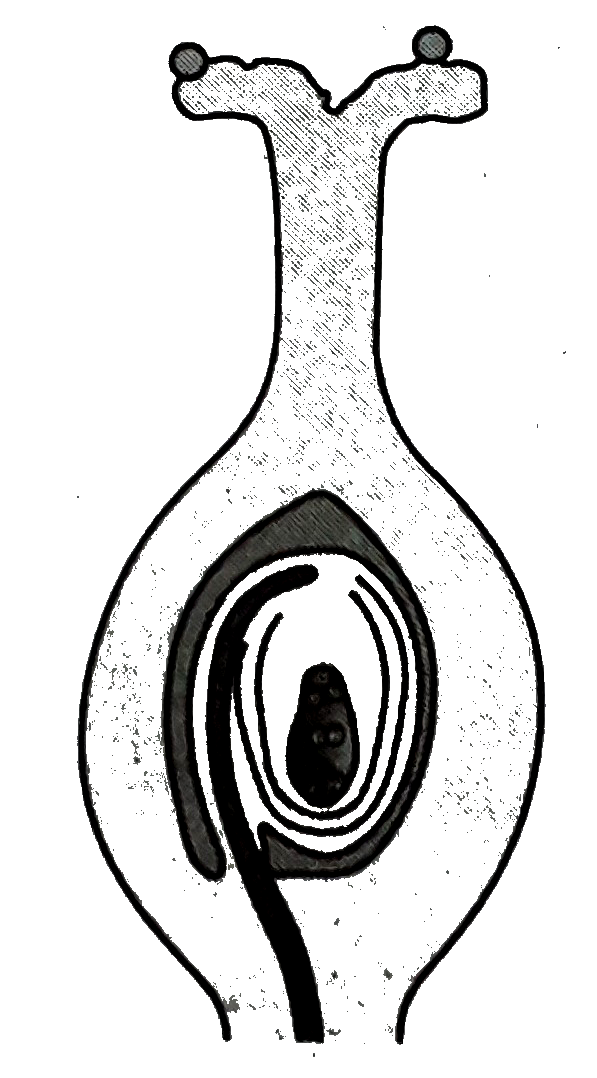The principle chemical components of egg yolk are
Proteins and carbohydrates
Proteins, phospholipids, and fats
Proteins and vitamins
Carbohydrates and lipids
Step-by-Step Solution:
1. Understanding Egg Yolk Composition:
- Egg yolk is primarily composed of various chemical components. It is important to know the percentage of each component to identify the principal ones.
2. Water Content:
- Approximately 50% of the egg yolk is water. This is the largest component.
3. Lipid Content:
- About 30% of the egg yolk consists of lipids. This category includes fats, which are significant in the yolk.
4. Protein Content:
- The protein content in egg yolk is around 17%. This makes it a substantial component as well.
5. Carbohydrate Content:
- Carbohydrates make up only about 0.6 to 1% of the egg yolk, which is a very small amount.
6. Mineral Content:
- Minerals constitute about 1.7% of the yolk, but they are not the principal components.
7. Identifying Principal Components:
- The main components of egg yolk are therefore water, lipids (including fats), and proteins. Carbohydrates and minerals are present in much smaller quantities.
8. Conclusion:
- Based on the composition, the principal chemical components of egg yolk are proteins, phospholipids, and fats.
Final Answer:
The principal chemical components of egg yolk are proteins, phospholipids, and fats.
---
- Egg yolk is primarily composed of various chemical components. It is important to know the percentage of each component to identify the principal ones.
- Approximately 50% of the egg yolk is water. This is the largest component.
- About 30% of the egg yolk consists of lipids. This category includes fats, which are significant in the yolk.
- The protein content in egg yolk is around 17%. This makes it a substantial component as well.
- Carbohydrates make up only about 0.6 to 1% of the egg yolk, which is a very small amount.
- Minerals constitute about 1.7% of the yolk, but they are not the principal components.
- The main components of egg yolk are therefore water, lipids (including fats), and proteins. Carbohydrates and minerals are present in much smaller quantities.
- Based on the composition, the principal chemical components of egg yolk are proteins, phospholipids, and fats.
The principal chemical components of egg yolk are proteins, phospholipids, and fats.
Topper's Solved these Questions
- HUMAN REPRODUCTION BOOK - CENGAGE BIOLOGY ENGLISHCHAPTER - HUMAN REPRODUCTION EXERCISE - Assertion -Reasoning Question
16 Videos
- HUMAN HEALTH AND DISEASEBOOK - CENGAGE BIOLOGY ENGLISHCHAPTER - HUMAN HEALTH AND DISEASEEXERCISE - ARCHIVES
46 Videos
- MICROBES IN HUMAN WELFAREBOOK - CENGAGE BIOLOGY ENGLISHCHAPTER - MICROBES IN HUMAN WELFAREEXERCISE - ARCHIVES
26 Videos
Similar Questions
The essential chemical components of many coenzymes are
View SolutionBird eggs are
View SolutionWhich among the following is not a chemical component of photochemical smog?
View SolutionWhich of the following type of biomolecule is an essential chemical component of many coenzymes ?
View SolutionIn the diagram given below, show the path of a pollen tube from the pollen on the stigma into the embryo sac, Name the components of egg apparatus.

View SolutionEssential elements as components of energy related chemical compound in plants, is/are :-
View SolutionName the chemical components which constitute nucleotides. Write any two functions of nucleotides in a cell.
View SolutionState whether the following are physical or chemical changes.
Boiling of an egg
View SolutionHabitat includes :-
(a) Biotic components
(b) Physico-chemical components
(c) Pathogens, parasite, predator, competitors
(d) Different species
View SolutionWhich one of the following roles is not characteristic of an essential element?
1. Being a component of biomolecules.
2. Changing the chemistry of soil.
3. Being a structural component of energy related chemical compounds.
4. Activation or inhibition of enzymes.
View Solution
